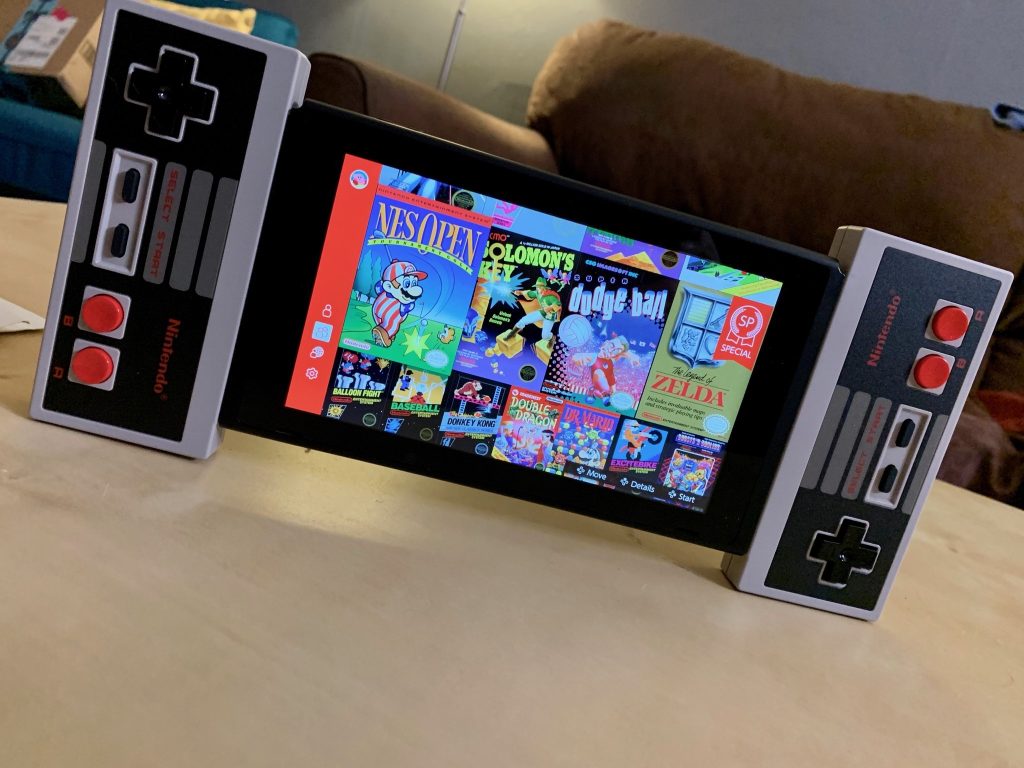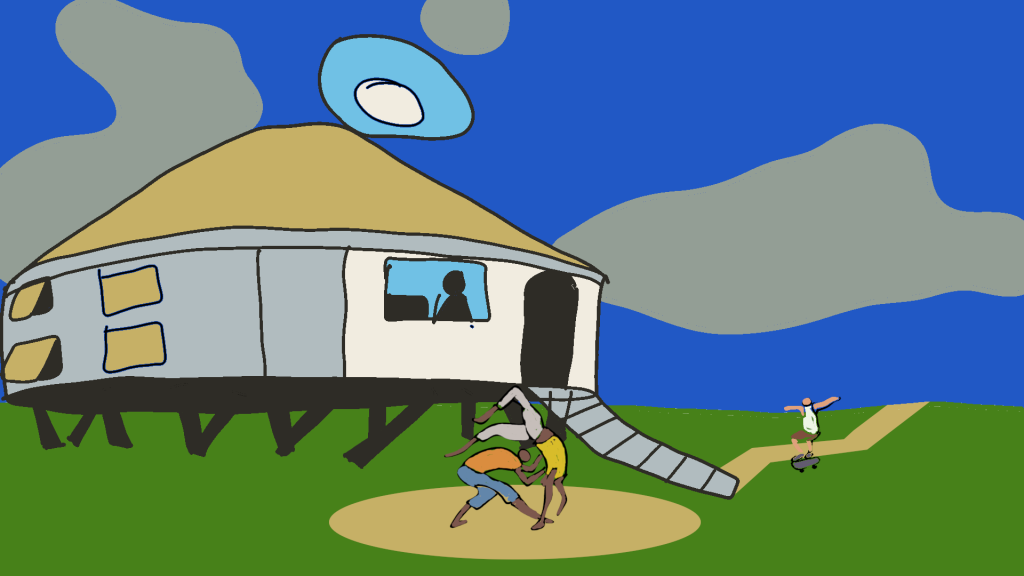When you are an employee you are there because you can do the job. Also because you can make THAT specific job, you master certain pipelines according to your level of experience. Finally, you are there because you can work in a team.
When you build your own company, you are working on creating an environment that permits your employees to build a business.
When you are a freelancer, you have a 1-person business that helps clients (usually companies) solve specific problems.
The social media era, the dopamine times in which we live suggests us “not to work for other people’s dreams”. That’s a weird lens to use to see the World. We forget the importance of sacrifice and duty for our societies to prosper.
There are different sets of skills that you need according to what you want to do. It’s not easy for me to suggest “Hey, did you lose your job? You are an expert, why don’t you build your own company?”. The responsibilities you have to tackle are completely others, and your experience will probably give you also a lot of biases. And most importantly, you should focus on the business, not on the pipelines.
The odds for a specialist to be successful in a completely different field are higher than in building a business in the same sector. The games business is full of doctors who built successful companies.
Some game designers out there can help solve wicked problems, outside of games. At this moment we have quite a few of them. That’s my wish, honestly.


